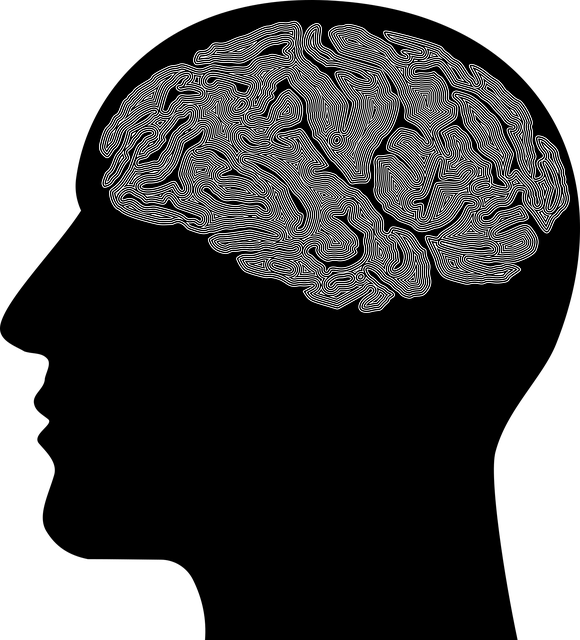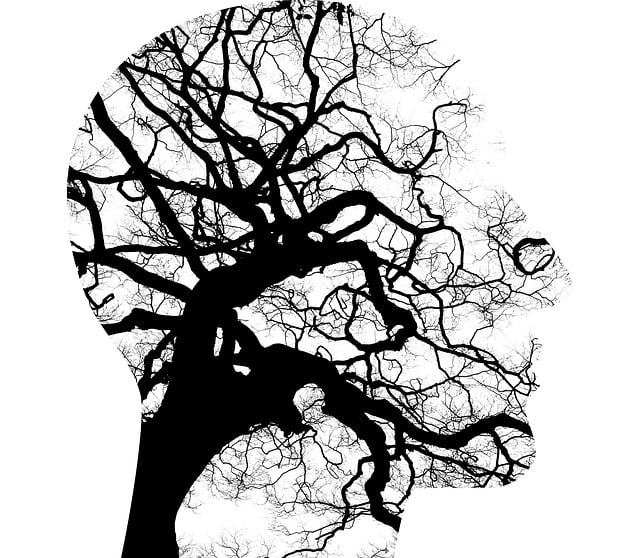Crisis Intervention Teams (CITs) in Highlands Ranch Dissociative Disorder Therapy are crucial for effective mental health support. Through specialized training, law enforcement, paramedics, and mental health professionals learn to assess and de-escalate emotional crises. Integrating Self-Esteem Improvement, Social Skills Training, and Cultural Competency, these teams build trust with clients, improving crisis response outcomes. Specialized training programs in Highlands Ranch offer interactive workshops, simulations, and evidence-based practices for advanced service delivery, contributing to the mental wellness of the community. CIT training equips individuals with tools for effective crisis management, fostering emotional resilience and self-care practices for long-term mental health benefits.
In today’s fast-paced world, effective crisis intervention is crucial for communities, especially in areas like Highlands Ranch where mental health concerns, including dissociative disorders, are prevalent. Understanding Crisis Intervention Teams (CITs) and their role in providing timely support is essential. This article explores the vital CIT training programs designed to equip professionals in Highlands Ranch Dissociative Disorder Therapy, enhancing community safety and recovery. We’ll delve into key components and benefits of comprehensive training for these lifesaving interventions.
- Understanding Crisis Intervention Teams: A Vital Resource for Mental Health Support
- The Role of Training Programs in Equipping Highlands Ranch Dissociative Disorder Therapy Professionals
- Key Components and Benefits of Comprehensive Crisis Intervention Team Training
Understanding Crisis Intervention Teams: A Vital Resource for Mental Health Support

Crisis Intervention Teams (CITs) are a vital resource for providing immediate and effective mental health support to individuals experiencing severe emotional crises. These teams, often consisting of law enforcement officers, paramedics, and mental health professionals, are trained to assess and de-escalate situations involving mental health emergencies. In Highlands Ranch Dissociative Disorder Therapy, CIT training programs play a crucial role in equipping healthcare providers with the necessary skills to handle such complex cases.
By integrating Self-Esteem Improvement techniques and Social Skills Training, these programs enhance the team’s ability to build rapport with clients, fostering an environment of trust and safety. Additionally, Healthcare Provider Cultural Competency Training ensures that CIT members can navigate diverse cultural backgrounds, effectively communicating and respecting individuals from various communities. This holistic approach not only strengthens crisis response but also contributes to improved outcomes for those struggling with mental health challenges.
The Role of Training Programs in Equipping Highlands Ranch Dissociative Disorder Therapy Professionals

Highlands Ranch Dissociative Disorder Therapy professionals play a pivotal role in aiding individuals grappling with this complex mental health challenge. However, to be truly effective, these therapists need specialized training that equips them with the skills and knowledge required to navigate the intricate emotional healing processes involved in treating dissociative disorders. Comprehensive crisis intervention team training programs step into this critical gap by providing an extensive curriculum designed to upskill and educate professionals like those in Highlands Ranch.
Through interactive workshops, simulations, and evidence-based practices, these training programs delve into various aspects of dissociative disorder therapy. Participants learn effective strategies for mood management, recognizing and addressing trauma, facilitating memory integration, and fostering a safe therapeutic environment. By mastering these techniques, therapists can not only improve their clients’ outcomes but also contribute to the overall mental wellness of the community through enhanced service delivery in Highlands Ranch Dissociative Disorder Therapy settings.
Key Components and Benefits of Comprehensive Crisis Intervention Team Training

Comprehensive Crisis Intervention Team (CIT) training programs are designed to equip individuals with the necessary skills and knowledge to handle crises effectively. These programs highlight key components such as stress management techniques, self-care routine development for better mental health, and community outreach program implementation. By integrating these elements, CIT teams can enhance their ability to support individuals experiencing a range of issues, including dissociative disorder therapy in Highlands Ranch.
The benefits of such training are multifaceted. It fosters improved communication and collaboration among team members, ensuring everyone is on the same page during high-pressure situations. Moreover, it promotes a culture of emotional resilience within the community, empowering citizens to offer support and connect with resources when faced with crises. This holistic approach not only benefits those in immediate need but also contributes to long-term mental health wellness by encouraging self-care practices and community outreach initiatives.
Crisis intervention team (CIT) training programs are invaluable tools for equipping professionals in Highlands Ranch dissociative disorder therapy. By providing comprehensive education and practical skills, these programs empower teams to effectively support individuals facing mental health crises. The key components of CIT training, including crisis assessment, de-escalation techniques, and collaborative care, offer lasting benefits that enhance the overall quality of care provided within the community. Through consistent implementation, Highlands Ranch’s CIT training programs contribute significantly to improving outcomes for those struggling with dissociative disorders and similar conditions.














